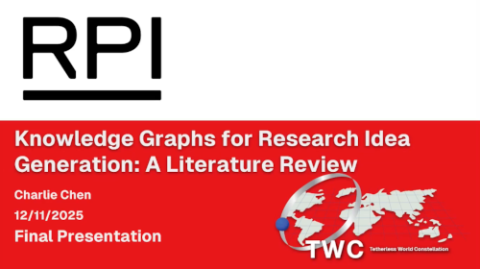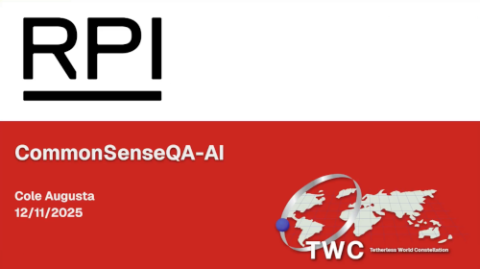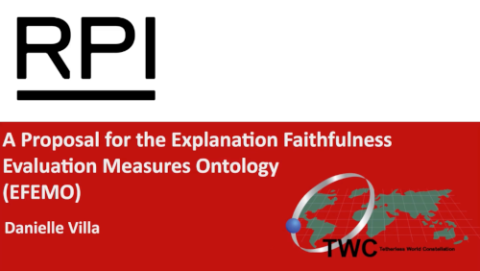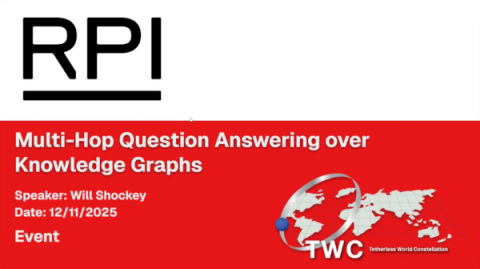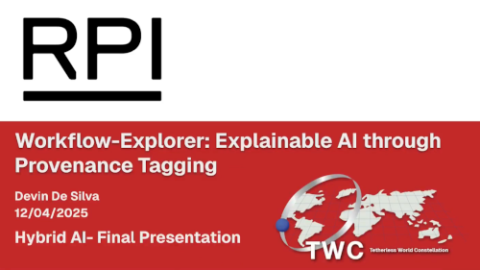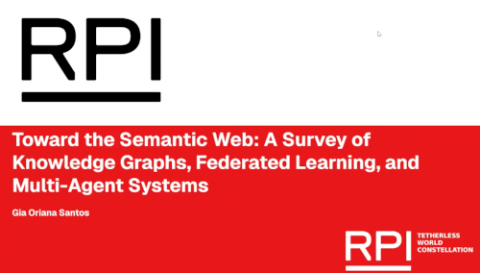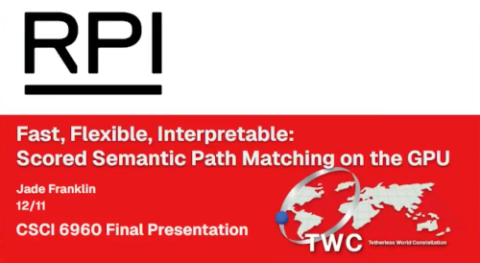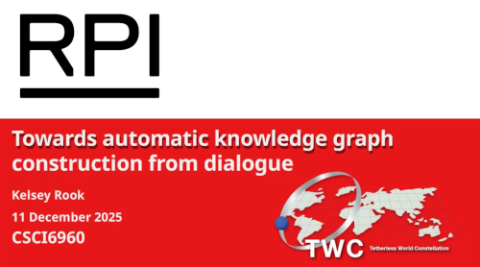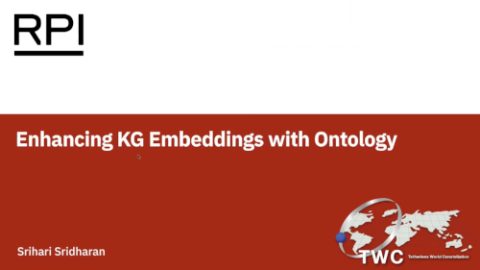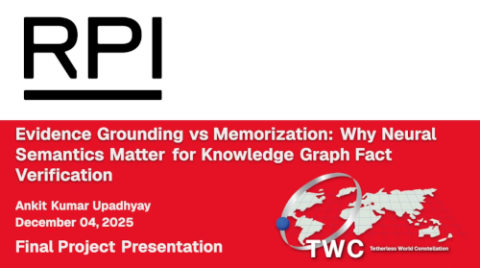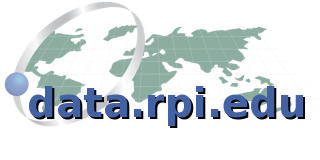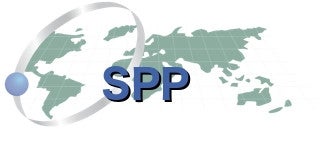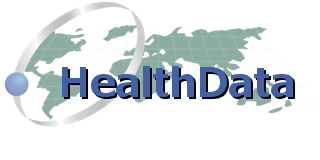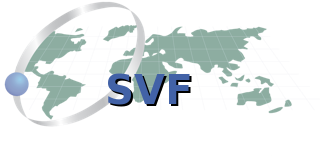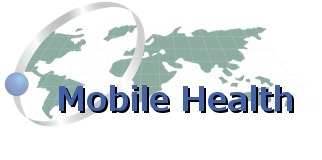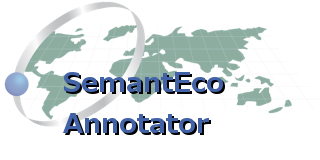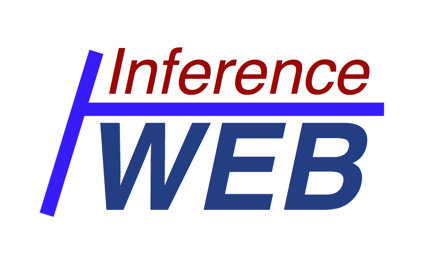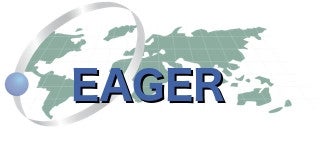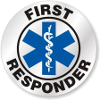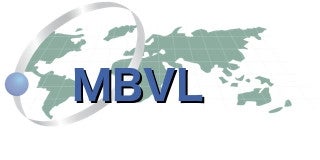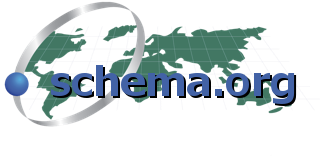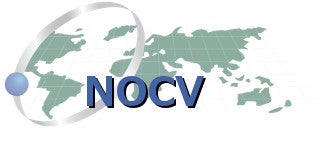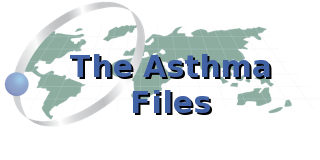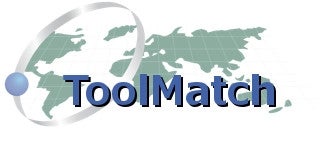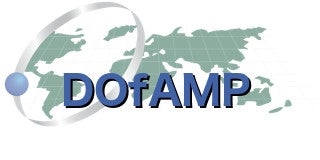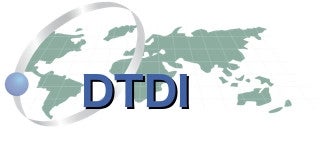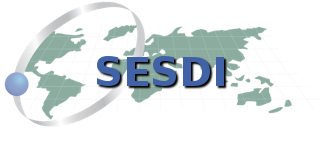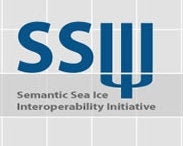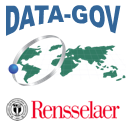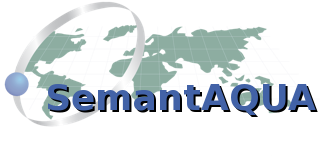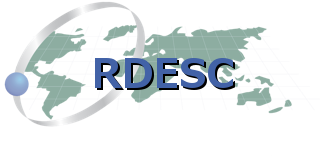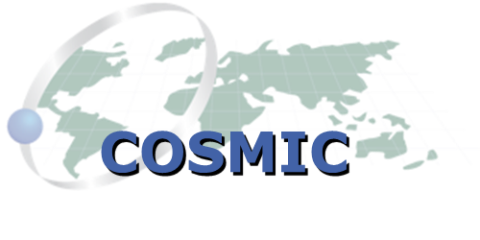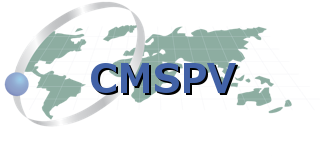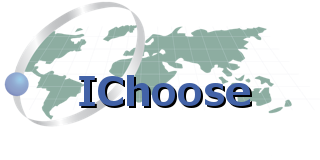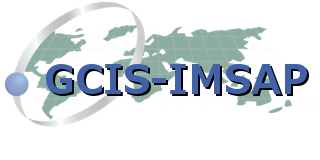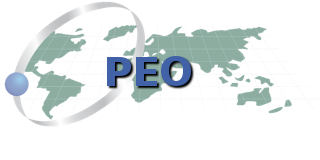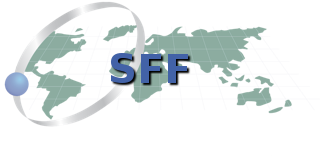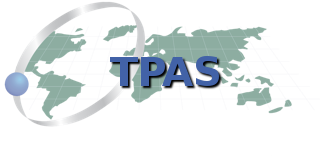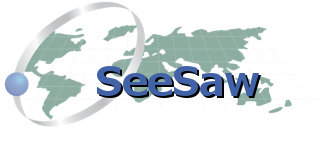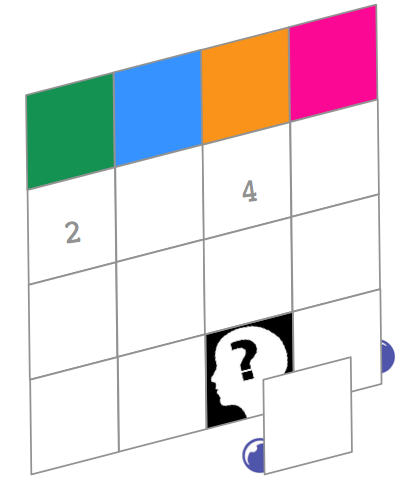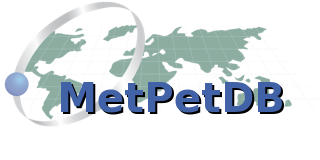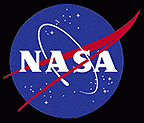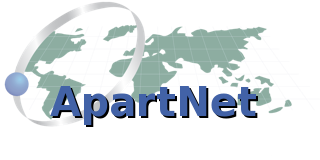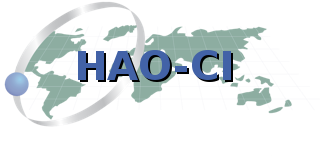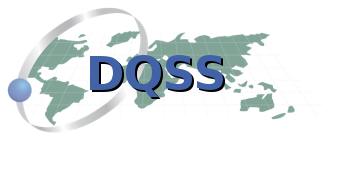Past Projects
Research Staff: Jamie McCusker, Henrique Santos
Funding Agency/Sponsor: National Institute of Environmental Health Sciences (NIEHS)
In 2019 the Human Health Exposure Analysis Resource (HHEAR) Data Center was established by NIEHS as a continuation of the CHEAR Data Center expanding to include health outcomes at all ages.
Research Staff: Alice M. Mulvehill, Henrique Santos, Minor Gordon
Funding Agency/Sponsor: Defense Advanced Research Projects Agency
DARPA is the research and development office for the U.S. Department of Defense. It maintains the technological superiority of the U.S. military and prevents technological surprise from harming our national security. TWC has been funded by DARPA for numerous projects, including this one.
Research Staff: John S. Erickson, Jamie McCusker, Henrique Santos, Daniel M. Gruen
Large generative AI models (LGAIMs), such as ChatGPT, GPT-4 or Stable Diffusion, are rapidly transforming the way we communicate, illustrate, and create.
Research Staff: John S. Erickson, Daniel M. Gruen, Jamie McCusker, Paulo Pinheiro, Henrique Santos, Oshani Seneviratne
Funding Agency/Sponsor: IBM AI Horizons
The Center for Health Empowerment by Analytics, Learning, and Semantics (HEALS) is a five-year collaboration between Rensselaer and IBM aimed at researching how the application of advanced cognitive computing capabilities can help people to understand and improve their own health conditions.
Funding Agency/Sponsor: Defense Advanced Research Projects Agency
This is a program led by the Defense Advanced Research Projects Agency (DARPA), which is developing a schema-based AI system that can identify complex events and bring them to the attention of users.
Research Staff: Jamie McCusker, Paulo Pinheiro
Funding Agency/Sponsor: National Institute of Environmental Health Sciences (NIEHS)
SemNExT combines numeric analysis of data with semantic understanding and explanation technologies to provide a holistic means of exploring robust datasets.
Providing data storage, data services, data access, data
discovery, data search, and data lifecycle and management for
RPI research projects.
The overall goal of this project is to explore and establish a better understanding of privacy in this highly-networked world. This page features the tools and workflow needed to accomplish such a task.
Research Staff: Deborah L. McGuinness
A set of in-house developed tools which enable the discovery of, access to, and integration of the Health and Human Services' datasets. Over the past several years, TWC has built many of the tools, has set the standards, and has engineered the architecture of the Web that many of us use today.
Funding Agency/Sponsor: National Institutes of Health
The National Cancer Institute’s (NCI) PopSciGrid Community Health Portal is an evolving platform demonstrating how health behavior, policy, and demographic data can be integrated, visualized, and communicated to empower communities and support new avenues of research and policy for cancer prevent
Fungi are typically referred to by either scientific or common names. Neither of these terminologies meets the need for well-defined, persistent definitions of groups of fungi who exhibit similar macroscopic qualities, but may be dissimilar genetically.
The Tetherless World Wine Agent is a demonstration platform for a large variety of Semantic Web technologies in a rich domain and is derived from previous work in the field of reasoning systems.
Research Staff: Evan Patton
Sensor-based health monitors are increasing in usage and are providing growing amounts of data about our health and daily activities. These monitors are increasingly included in or integrated with mobile devices.
Generating useful RDF linked data is not a straightforward process for scientists using today's tools.
Nightingale: Proactive Depression Treatment with Individual Social, Sensory and Virtual Technologies.
Depression costs! Each year, billions of dollars are wasted and millions of lives are disrupted because depression is complex, access is limited, treatments are one-size-fits-all, and therapies are trial and error.
A semantically-powered Tetherless World Website running in the Drupal CMS. This combines many web standard technologies, including RDF, SPARQL, XSLT, and XHTML.
Research Staff: Paulo Pinheiro
The Inference Web is a Semantic Web based knowledge provenance infrastructure that supports interoperable explanations of sources, assumptions, learned information, and answers as an enabler for trust.
The Tetherless World Constellation's Health on the Web's primary goal is to explore the next generation web technology needed to improve health.
The goal of this project is to explore key algorithms, technologies and protocols that will lead to the next level of development of the original Semantic Web vision of the "Web of Data" - a Web in which the unstructured texts of the current Web are integrated in a seamless way with information c
Funding Agency/Sponsor: National Institute of Standards and Technology
The purpose of this project is to design and prototype a requirements-gathering methodology driven by the first responders community.
Funding Agency/Sponsor: McGill
Circular economy (CE) envisions a sustainable future where waste is eliminated in the built environment and materials and buildings are kept in use for as long as possible. ‘Housing passports’ (HP) are standardized digital descriptions of residential building characteristics.
Marine ecosystems are complex and variable networks of interacting organisms that support roughly half of global productivity and play important roles in sustaining global processes, including regulation of climate.
Research Staff: John S. Erickson
The Web Science Research Center at TWC RPI is working with other members of the Web Science Trust to create a global "Web Observatory".
Research Staff: John S. Erickson, Kathy Fontaine
Recent advances in data generation techniques, whether by experiments, measurements or computer simulation, quickly provide complex data characterized by source heterogeneity, multiple modalities, often high volume, high dimensionality, and multiple scales (temporal, spatial, and function).
Class project for Ontology Engineering Spring 2016, by Cara Reedy and Katie Chastain
schema.org provides a collection of schemas — html tags — that webmasters can use to markup their pages in ways recognized by major search providers. Search engines including Bing, Google, Yahoo!
Project Title: Taxonomy-based interface for ocean community data within
data.gov
Asthma incidence has increased dramatically in the United States and globally in recent decades, making asthma one of the most common chronic diseases in the world.
We propose the development of the field of materials processing ontology so that the US establishes leadership in this critical technological arena.
Earth’s living and non-living components have co-evolved for 4 billion years through numerous positive and negative feedbacks.
Funding Agency/Sponsor: National Aeronautics and Space Administration
The vast majority of explorations of the Earth system are limited in their ability to effectively explore the most important (often most difficult) problems because they are forced to interconnect at the data-element, or syntactic, level rather than at a higher scientific, or semantic, level.
Funding Agency/Sponsor: National Science Foundation
SSIII is a National Science Foundation (NSF) funded effort to enhance the interoperability of sea ice data to establish a network of practitioners working to enhance semantic interoperability of all Arctic data.
The LOGD project investigates the role of Semantic Web technologies, especially Linked Data, in producing, enhancing and utilizing government data published on Data.gov and other websites.
The Open Organizational Data Project explores how to create the legal, policy and technology framework for a data exchange to facilitate efficient comparison of organizational data across regulatory schemes as well as public reuse and annotation of that data.
Research Staff: Jamie McCusker
Funding Agency/Sponsor: National Science Foundation
Our evolving semantics=driven data resource, named NanoMine, is an open access, user friendly, living, growing, data resource for the polymer nanocomposites community that is scalable and enables improved understanding of processing – structure - property relationships and thus facilitates faster
Research Staff: Henrique Santos
Searching in DataONE currently focuses on fielded and full-text metadata.
Stream reasoning systems are typically built using a fixed-size data windows, into which new elements from the stream are continuously added, and from which other elements are dropped.
The Research Data Alliance (RDA) - Data Type Registry (DTR) Working Group addresses a part of a core problem relevant to interoperability among data management systems: the ability to parse, understand, and potentially reuse data retrieved from others.
Research Staff: Jamie McCusker
We aim to find new effective treatments for disease using existing drugs. Our approach is to gather and integrate existing data using semantic technologies to help discover promising drug repurposing.
AIM will advance streaming reasoning techniques to overcome a limitation in contemporary inference that performs analysis only over data in a fixed cache or a moving window.
At the core of any collaborative infrastructure is the ability to discover, manage and utilize relevant resources accessible to the collaboration. These include not only computing, experimental and storage systems, but also people, data, applications, and services.
Technical emergence refers to the process whereby innovative ideas, capabilities, applications, and even entirely new fields of study arise, are tested, mature, and, if conditions are favorable, demonstrate feasibility and impact.
SentiMetrix has established a world-class, cross-disciplinary team to research and develop new capabilities in COSMIC: Cloud-Oriented Social Media Inference & Counteraction.
Vocabulary and Ontology development within the context of the overall development of Coastal and Marine Spatial Planning (CMSP) and Ocean and Coastal Modeling (OCM) portals by environmental inter-agency collaboration to provide search and browse options that inspire user confidence that all relev
Research Staff: Rebecca Cowan, Jamie McCusker
Funding Agency/Sponsor: National Science Foundation
The MaterialsMine Team brings together expertise across five research institutions in the fields of mechanics, materials, design, manufacturing, data science, and computer science to build and develop an open-source, user-friendly materials data resource guided by FAIR principles, with current mo
This proposal presents a new approach to improve data preservation and accessibility ? the Rolling Deck to Repository (R2R) Project ? a comprehensive plan for fleet-wide data management.
Most products consumed within the NAFTA region are produced and distributed through low cost supply chains that do not reveal certain types of information to end consumers.
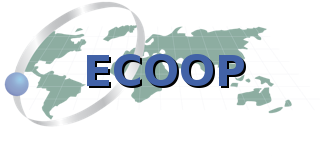
Employing Cyber Infrastructure Data Technologies to Facilitate IEA for Climate Impacts in NE & CA LME's
Intellectual Merit: The purpose of this INTEROP proposal is to facilitate the deployment of an Integrated Ecosystem Approach (IEA) to management in the Northeast and California Current Large Marine Ecosystems (LMEs).
The Tetherless World Constellation (TWC) at Rensselaer Polytechnic Institute (RPI) proposes to facilitate the vocabulary and ontology development within the context of the overall development of semantic prototypes for the National Climate Assessment (NCA) portals using a combination of environme
The PEO project investigates methods for representation and interpretation of scientific and natural processes and events.
The goals of this effort is to design and implement a configurable and extensible semantic eScience framework. Configuration will require some research into accommodating different levels of semantic expressivity and user requirements from use cases.
The NSF funded Theory and Practice of Accountable Systems (TPAS) Project investigates computational and social properties of information networks necessary to provide reliable assessments of compliance with rules and policies governing the use of
SeeSaw. A new tool that analyzes and visualizes comments for readers, who can connect to the comments in real time, at-a-glance.
The goal of TW Elixir is to create an intuitive, interactive Web-based "front end" for the csv2rdf4lod conversion automation stack. Elixir will make it easy for users to:
VSTO is a collaborative project between the High Altitude Observatory and Scientific Computing Division of the National Center for Atmospheric Research and McGuinness Associates.
To enable advanced undergraduate students and facilitator to have access to learning materials and associated artefacts like data, code, workflows [e.g. Taverna], scientific literature, and more.
The Earth System Grid (ESG) integrates supercomputers with large-scale data and analysis servers located at numerous national labs and research centers to create a powerful environment for next generation climate research.
MetPetDB is a database for metamorphic petrology that is being designed and built by a global community of metamorphic petrologists in collaboration with computer scientists at Rensselaer Polytechnic Institute as part of the National Cyberinfrastructure Initiative and supported by the National Sc
The Biological and Chemical Oceanography Data Management Office (BCO-DMO) was created to serve PIs funded by the NSF Biological and Chemical Oceanography Sections as a location where marine biogeochemical, ecological and oceanographic data and information developed in the course of scientific res
Augment Giovanni, the Goddard online tool for data access, visualization and analysis, with semantic web technologies and ontologies to support data inter-comparisons from different sensors or models.
Objective
Provide online environment for convenient access to:
- Satellite and ground-based aerosol data
- Quality information and provenance
- Calibration/validation data
Provide multi-sensor services:
TWC ApartNet is a social network-based tool to help RPI graduate students and others find housing advice and learning about solutions that meet their needs from their peers.
TWC ApartNet should include features such as:
The Generalized Integrated Learning Architecture [GILA] is a general-purpose integrated multi-agent platform that solves domain problems by learning from a problem-solution pair submitted by a human expert.
Working to develop a semantically enabled cyber infrastructure for the varying science projects within the High Altitude Observatory of the University Corporation of Atmospheric Research.
A joint effort between the Tetherless World Constellation at Rensselaer Polytechnic Institute and the The Commonwealth Scientific and Industrial Research Organisation (CSIRO).
The goal of this project is to develop at the RPI Tetherless World Constellation, based within the NCAR High Altitude Observatory and in collaboration with the University of Texas at El Paso, the University of Michigan and McGuinness Associates a semantically-enabled data ingest capability.
The goal of the project CALO, for Cognitive Assistant that
Learns and Organizes, is to create cognitive software systems,
that is, systems that can reason, learn from experience, be told
what to do, explain what they are doing, reflect on their
Design and Develop a Faceted Browse application to allow scientists to semantically search data related to Ocean Sciences
The overall goal of this effort is to bring together key aspects of intelligent systems, namely data mining / knowledge extraction and semantic knowledge representation, and to prove the benefit of this approach by applying it to a science problem that is representative of NASA Science Mission Di
The Transparent Accountable Datamining Initiative (TAMI) Project is creating technical, legal, and policy foundations for transparency and accountability in large-scale aggregation and inferencing across heterogeneous information systems.

